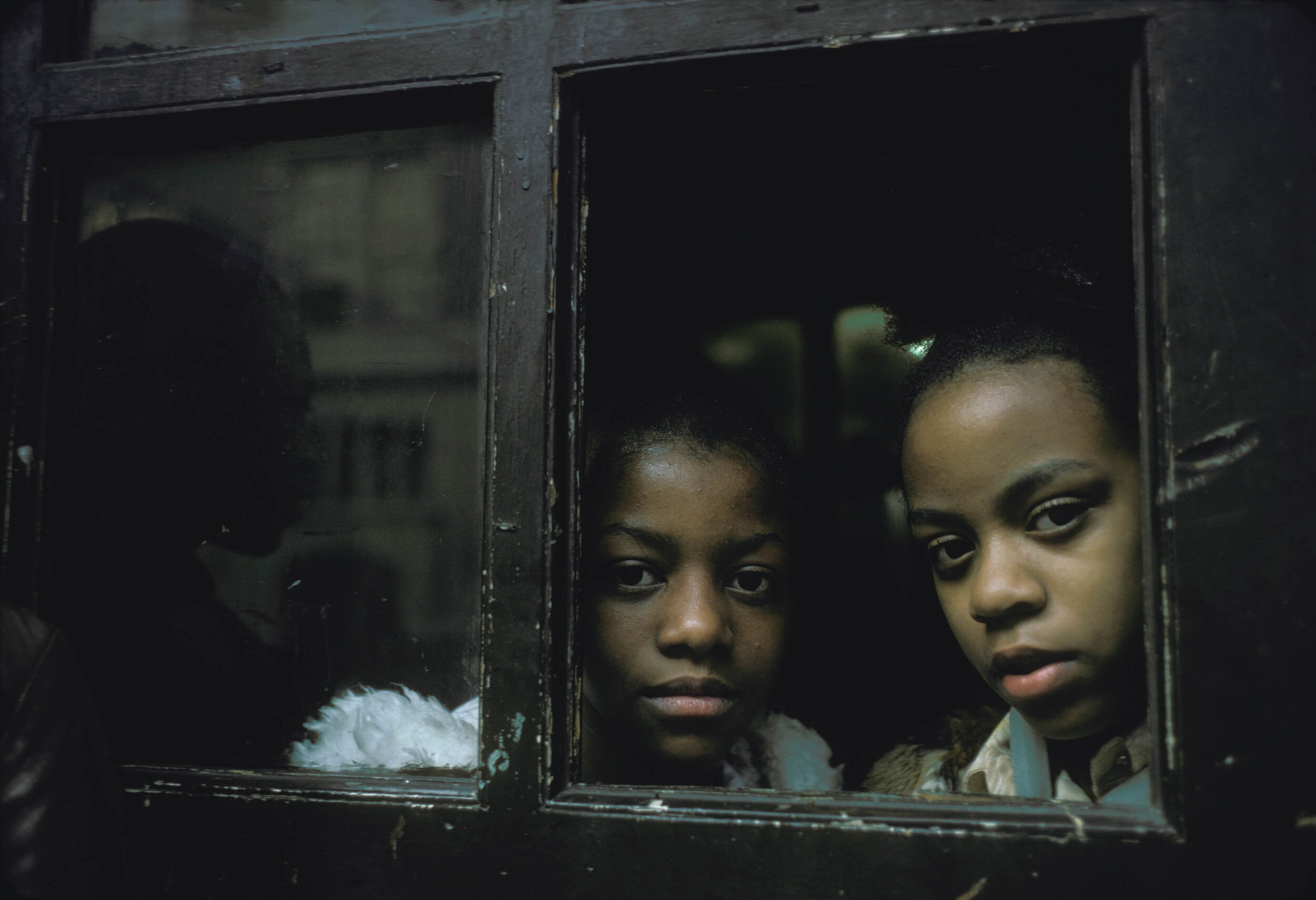Olivier Rebbot: "The Road to Gotera"
by Jacques Menasche from New York, NY
Olivier Rebbot was 31 years old when he was killed in El Salvador in 1981. Rebbot had covered conflicts, revolutions and civil wars around the world including Iran, Nicaragua, El Salvador, and Lebanon. He photographed the Three Mile Island accident, child prostitution in Times Square, Elvis’s funeral and refugee crises in Afghanistan and Cambodia.
Today he is known primarily for the Overseas Press Club of America Award in his name for best photographic reporting from abroad in magazines in books. It has been awarded to many greats, including Sebastio Salgado, Maggie Steber, James Nachtway, Lynsey Addario, Yuri Kozyrev, David Burnett, Stephen Dupont and Stephanie Sinclair.
A feature documentary about Rebbot’s life has been in the works since 2010. “The Road to Gotera” is now nearly complete, but needs finishing funds for post-production and to license archival news footage. Please support this documentary by making a donation on this page.
This diary entry commemorates the work of the photojournalist through photographs and reflections by his contemporaries including Alex Webb, Maggie Steber, Raymond Depardon, Patrick Chauvel as well as the US Ambassador to El Salvador, Robert White.
Girls in Harlem, New York, March 1977
You could sort of see Olivier, and his sense of being a sort of bon vivant — loving life and loving people and so forth —as being a sort of direct descendent of Bob Capa.… Photojournalism does often attract people who have some of these kinds of sort of large, charming personalities, and where a lot of who they are it’s not just about their pictures, it’s about this sort of existence in that world of photography and just a love of traveling here and there embracing a sort of total uncertainty in one’s life …
– Alex Webb
Christian Phalangist during the Civil War, Beirut, Lebanon, November 1978
Pope John Paul II visits Auschwitz Memorial, Poland, June 1979
During the end of the second world war the Germans said we didn’t know. Today they couldn’t say that. They can say we don’t want to know. But you can’t say that anymore today because of guys like Olivier.… And I think the motto of this job is … we don’t want to hear anybody say we didn’t know. You’re responsible for what you don’t know today because of us. And this is our job.
– Patrick Chauvel
Brooklyn, New York, 1977
Olivier was a romantic character, like a hero in a film by Passonili, like that. It's true. He’s like a hero of a movie…. Because what is the function of Olivier? What was the function of Olivier? It was to be a free spirit, a free spirit in a situation that wasn’t quite free.
– Raymond Depardon
Military crackdown on anti-Shah demonstration. Tehran, Iran, Jan. 28, 1979
Ayatollah Khomeini waves to the crowd after returning to Tehran, Iran, February 1979
Harlem, New York, March 1977
Elvis Presley Funeral, Memphis, Tennessee, August 1977
If you sent Olivier you knew he would come back with some great work and he would get the story. He inspired confidence in people….Olivier was a very warm person… one of those people when he’s talking to you, you feel like you’re the only person in the room… he knew how to be intimate with people and how to make them feel important or at ease, and give them kind of a confidence that he was genuinely interested in their stories.
– Maggie Steber
“The Road to Gotera” film trailer by Jacques Menasche
Cambodian refugee, Sakeo camp, Thailand, November 1979
Photograph by Benoit Gysembergh
This picture of Olivier Rebbot and Harry Mattison [after Rebbot is shot] shows you the wonderful courage and bravery of the press going into areas of combat to get the true story. And I thought that was a vital and important thing to do. You have to understand that for the press this was a very, very difficult and tricky assignment because they lived in the big hotels in San Salvador.…then during the day they would travel to places like San Francisco Gotera and, in effect, in the eyes of the Salvadoran military they became the enemy because they were reporting the facts and the last thing the Salvadoran military wanted was for the facts on the ground to be reported.
– Robert White,
US Ambassador to El Salvador
COPYRIGHT: IMAGES BY OLIVIER REBBOT/CONTACT PRESS IMAGES

















